8 Surprising Cases of Outdated Tech in Use Today
We're used to upgrading our technology every few years—whether it's the latest iPhone, a sluggish processor, or a graphics card that can no longer handle new games. Outdated hardware often ends up either resold or discarded, but not all of it fades into obscurity.
In fact, many old devices remain fully functional—and in some cases, even essential—in surprising ways. Here are eight fascinating examples of how vintage technology continues to hold its own in the modern world.
Table of Contents
- Retro Computers Mining Bitcoin
- A Reliable Mechanic’s Assistant Since the '80s
- Vintage Tech as a Bakery POS System
- Outdated Systems Managing Nuclear Arsenals
- Windows XP Powers Multi-Billion Dollar Aircraft Carrier
- Critical Airport Infrastructure Fails Due to Legacy Software
- Classic Hardware Used for Cutting-Edge Research
- Nostalgia Keeps Old Systems Alive
Retro Computers Mining Bitcoin
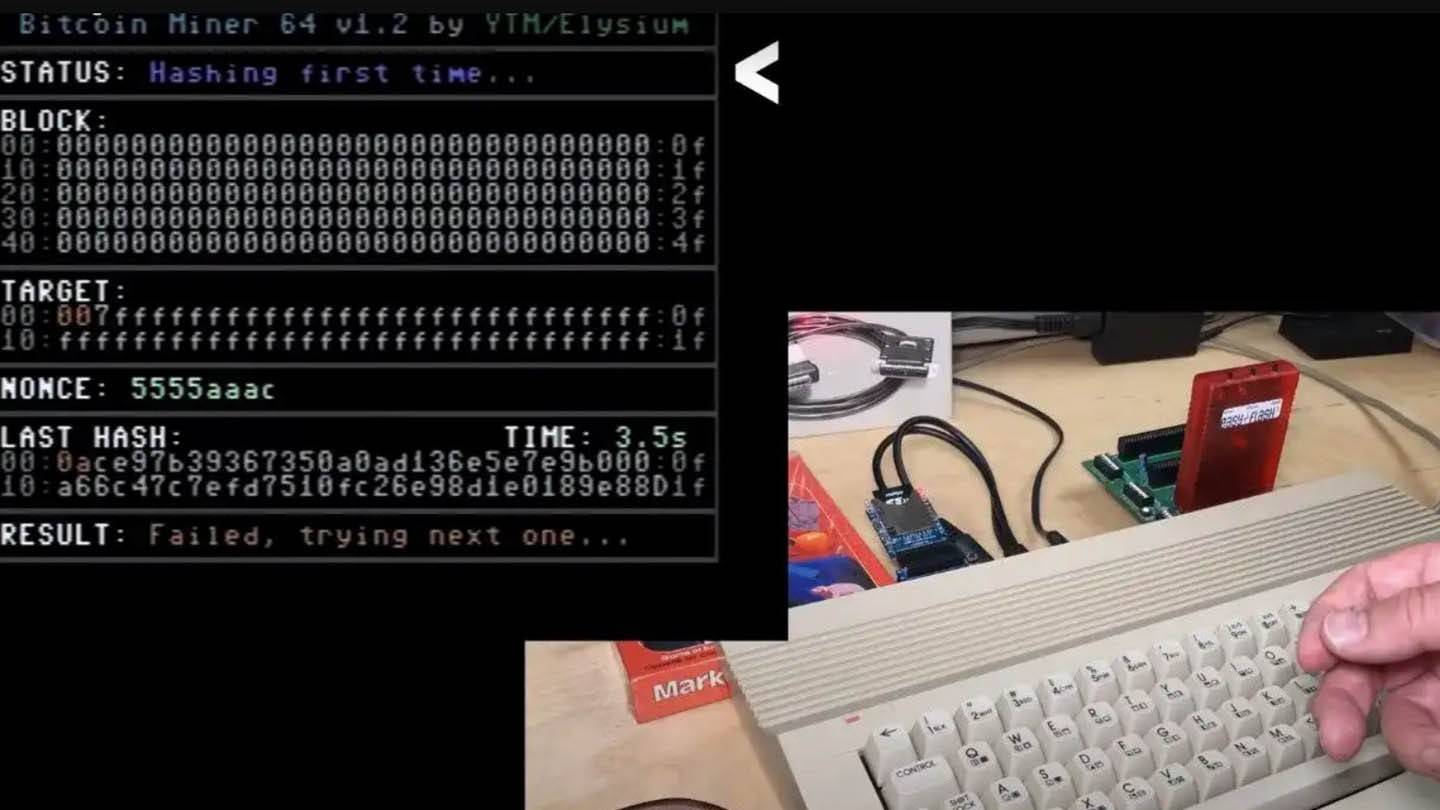
You might think mining Bitcoin requires top-tier GPUs or specialized ASIC miners—but believe it or not, retro computers like the Commodore 64 have been tested in this role. While capable of running mining software, their performance is laughably slow due to outdated processors. The C64, equipped with an 8-bit, 1 MHz CPU, processes just 0.3 hashes per second. In contrast, an RTX 3080 GPU achieves around 100 million hashes per second. At the C64's pace, mining one Bitcoin would take approximately a billion years.
Another experiment by YouTuber stacksmashing involved a Nintendo Game Boy from 1989. With the help of a Raspberry Pi Pico microcontroller to connect to the internet, the console ran a basic mining script. It managed about 0.8 hashes per second—still roughly 125 trillion times slower than modern ASIC miners. If left running continuously, it would take longer than the known age of the universe to mine a single Bitcoin.
A Reliable Mechanic’s Assistant Since the '80s
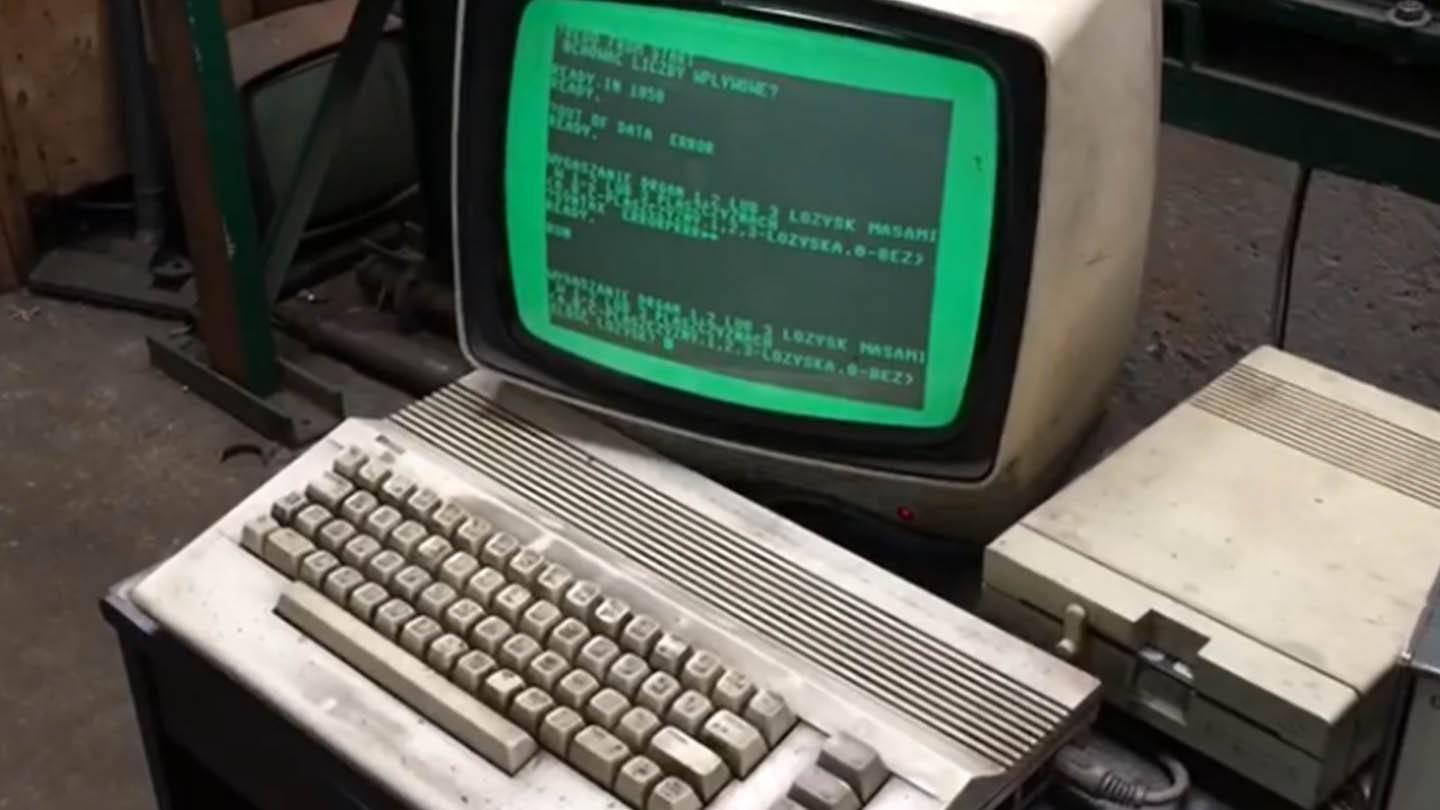
In Gdansk, Poland, a Commodore 64C has served as a trusted assistant to local mechanics for over 30 years. Despite enduring a flood and operating on a mere 1 MHz CPU with 64 KB of memory, the machine still performs drive shaft calculations flawlessly. The custom software was developed in-house by the business owner, proving that well-built legacy systems can outlast modern replacements when reliability matters most.
Vintage Tech as a Bakery POS System
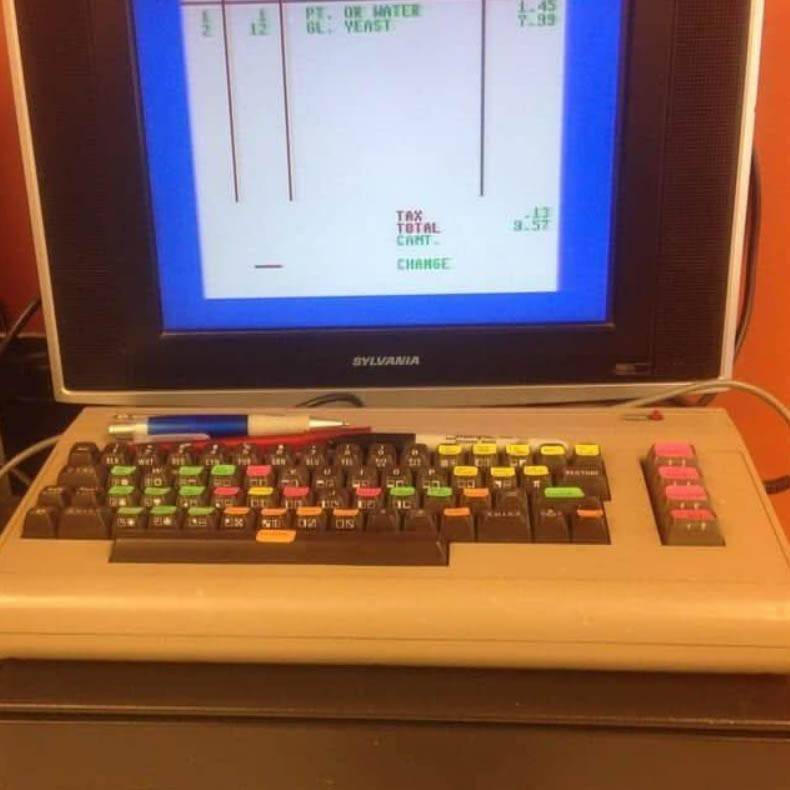
An Indiana bakery has relied on a Commodore 64 as a point-of-sale (POS) system since the 1980s. Nicknamed the "breadbox," the computer runs an online cash register program that remains stable despite lacking modern update hassles. Unlike contemporary POS systems that frequently crash after software upgrades, the C64 only needed updated keyboard labels to reflect current baked goods—no complicated patches required.
Outdated Systems Managing Nuclear Arsenals
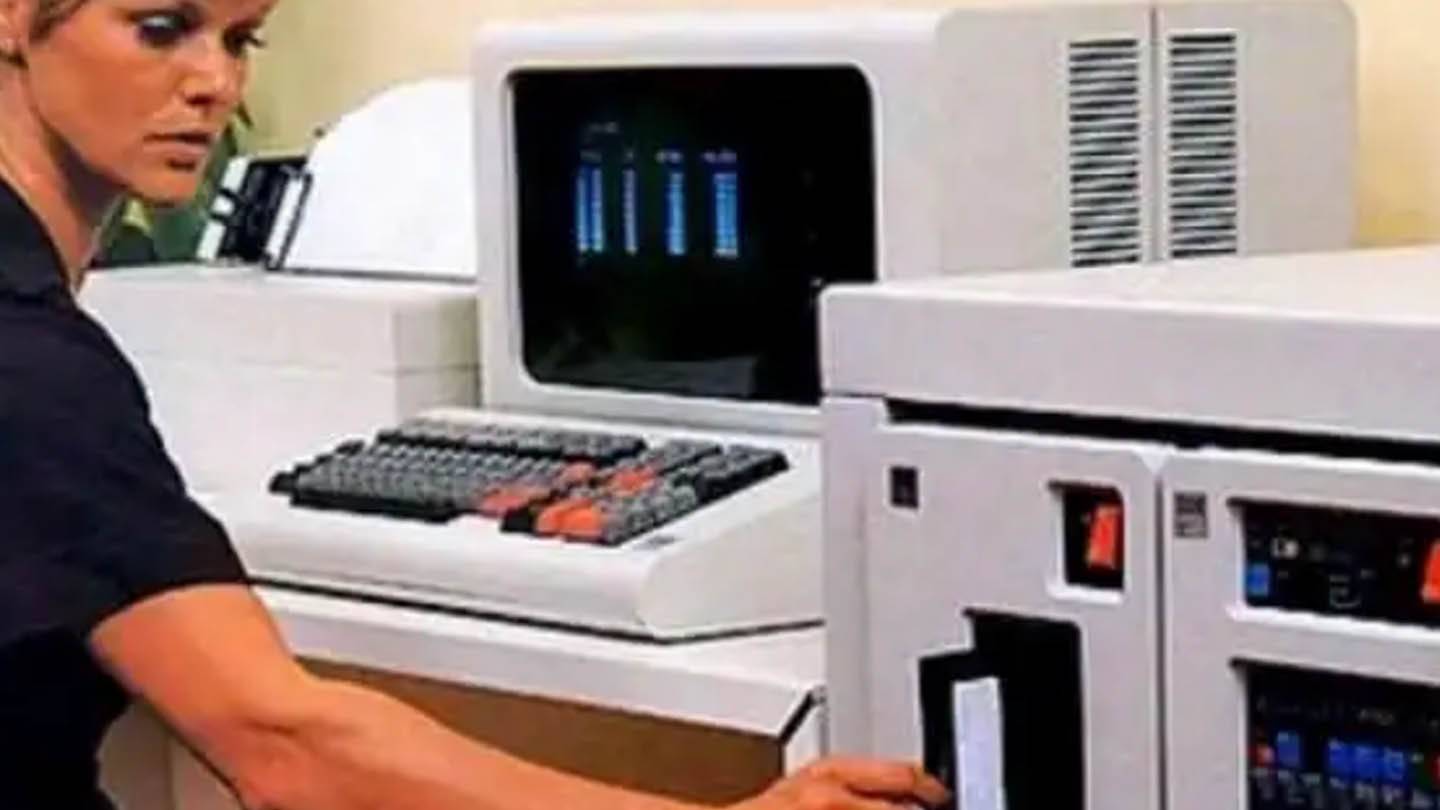
The United States military once managed parts of its nuclear arsenal using IBM computers from 1976, which operated on 8-inch floppy disks storing a mere 80 KB of data—less than the average text message today. Although plans were in place to modernize the infrastructure, the existing system remained in use due to its proven track record of reliability.
Similarly, Germany’s naval fleet uses 8-inch floppy disks aboard its Brandenburg-class frigates. Despite being built in the 1990s with advanced weaponry, these ships continue to rely on decades-old storage methods. Efforts to upgrade include installing floppy disk emulators, though nostalgia plays a role in keeping the original setup alive.
Windows XP Powers Multi-Billion Dollar Aircraft Carrier
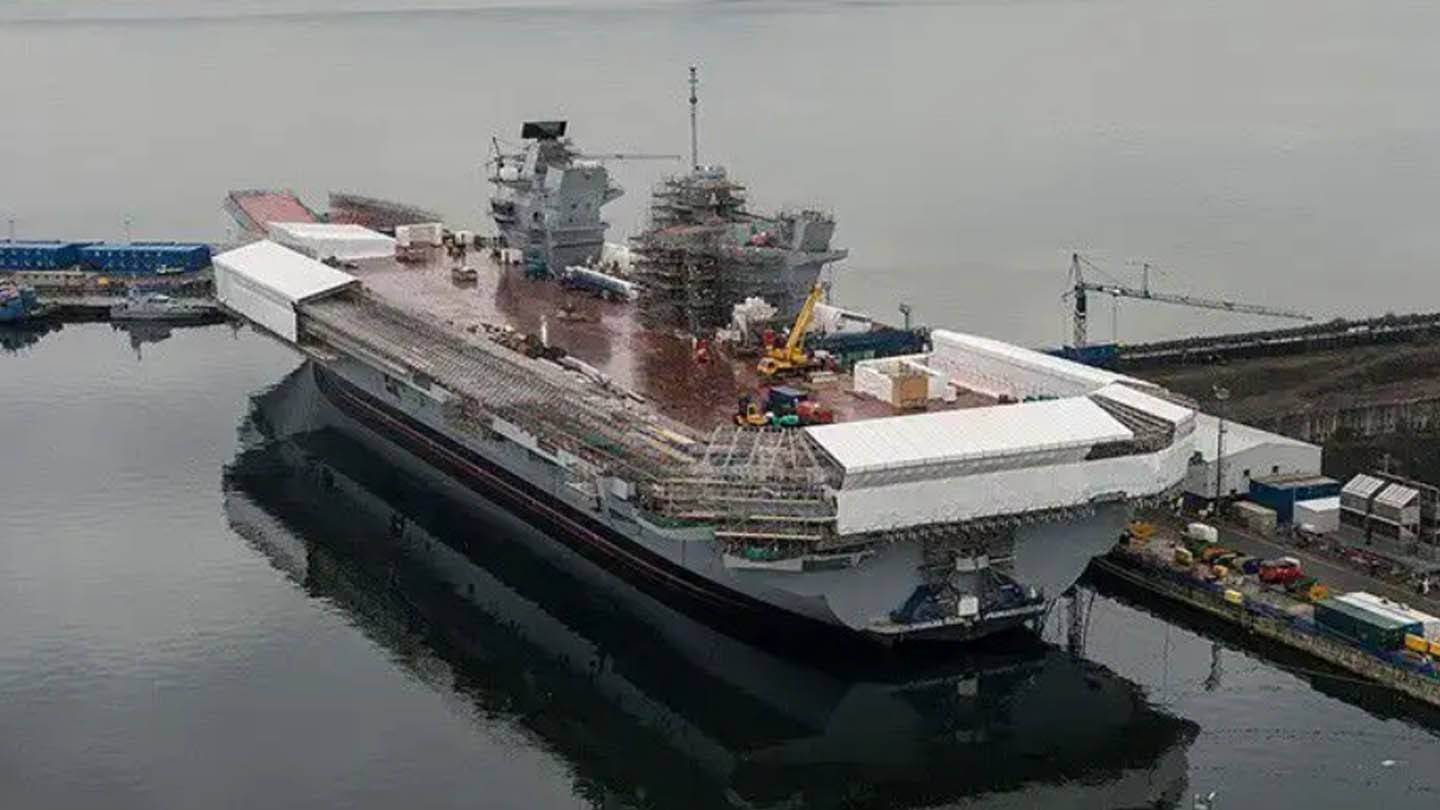
The British aircraft carrier HMS Queen Elizabeth, valued at billions of dollars, runs critical onboard systems using Windows XP—an operating system Microsoft officially discontinued support for back in 2014. While the Royal Navy claims robust security measures are in place, continued reliance on such outdated software raises concerns among cybersecurity experts.
Additionally, Britain's Vanguard-class submarines Victorious, Vigilant, and Vengeance utilize Windows XP to manage intercontinental missile systems. These machines operate offline for security reasons, and updates aren’t scheduled until 2028, highlighting the slow pace of tech refreshes in defense environments.
Critical Airport Infrastructure Fails Due to Legacy Software
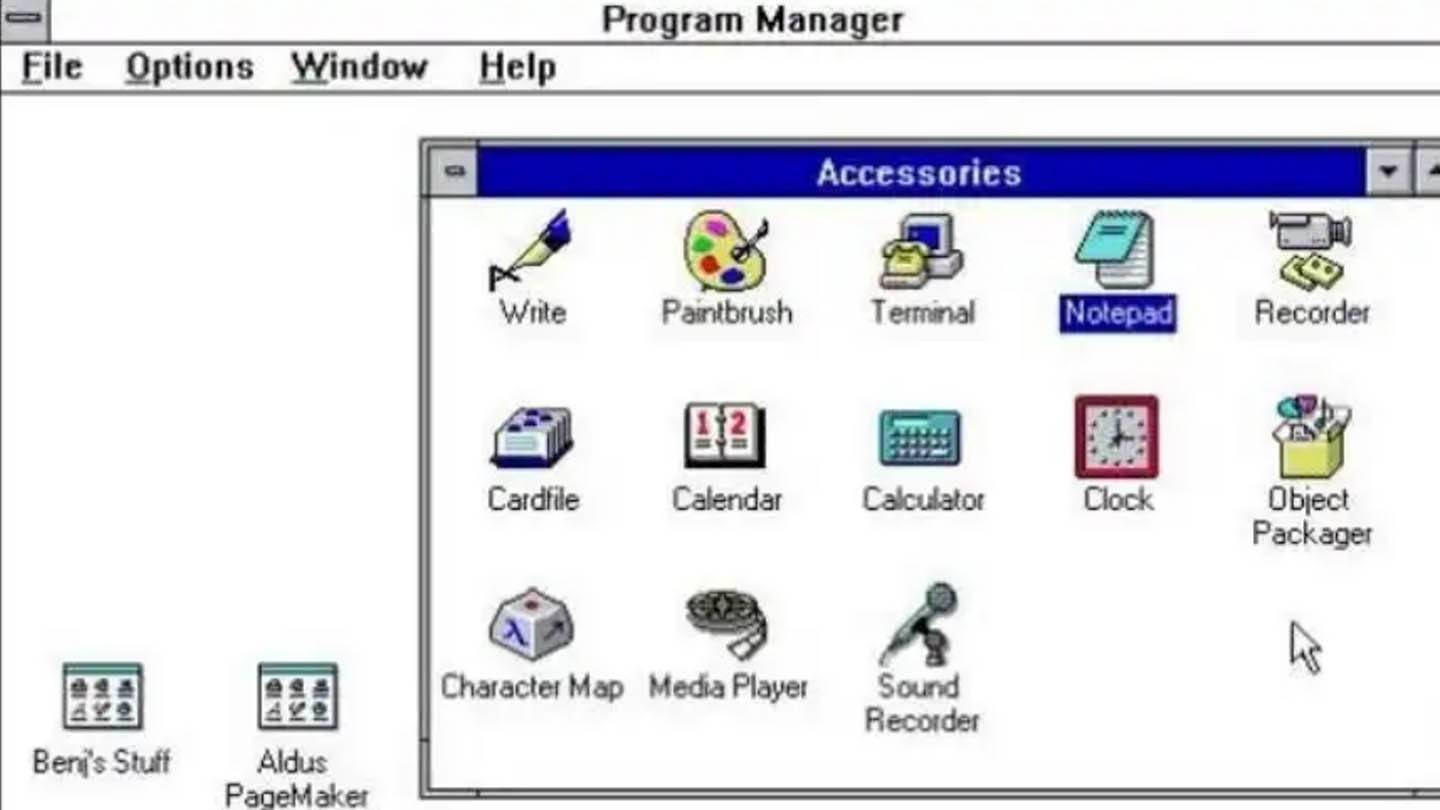
In 2015, Paris Orly Airport experienced a major disruption when a computer running Windows 3.1—a system from 1992—crashed unexpectedly. The affected DECOR software provided pilots with real-time weather data, and its failure led to flight suspensions for safety reasons. Some joked that the computer simply wanted to upgrade to Windows 95.
Classic Hardware Used for Cutting-Edge Research
Though not explicitly covered in the original article, there are numerous documented cases where classic hardware finds new life in scientific research. For example, the Commodore 64 has been repurposed in educational settings to teach fundamental programming concepts or simulate simple physics experiments. Its simplicity makes it ideal for understanding core computing principles without the distractions of modern complexity.
Nostalgia Keeps Old Systems Alive
Beyond practical functionality, many organizations retain legacy systems purely out of habit or nostalgia. Whether it's maintaining compatibility with long-established workflows or avoiding costly upgrades, these decisions underscore the enduring value of familiar tools.
These real-world examples illustrate how outdated technology continues to serve crucial roles across various industries—from gaming consoles mining cryptocurrency to ancient computers managing national defense systems. While eventual replacement is inevitable, these resilient machines remind us that sometimes, older really is better when it comes to dependability and simplicity.
-
 Mar 17,25All Split Fiction Achievements & How to Unlock Them Dive into the captivating co-op adventure Split Fiction from Hazelight Studios! This guide outlines every achievement, ensuring you and your partner conquer every challenge. While some trophies are earned naturally through the story, many require thorough exploration and unique actions. Use this g
Mar 17,25All Split Fiction Achievements & How to Unlock Them Dive into the captivating co-op adventure Split Fiction from Hazelight Studios! This guide outlines every achievement, ensuring you and your partner conquer every challenge. While some trophies are earned naturally through the story, many require thorough exploration and unique actions. Use this g -
 Mar 19,25How Does Dragon Ball Daima’s Finale Explain Goku Never Using Super Saiyan 4 in Super? The climactic battle in Dragon Ball Daima's finale pits Gomah against Goku, showcasing Goku's newly acquired form. This episode naturally led many fans to anticipate an explanation for Super Saiyan 4's absence in Super. So, how does the finale address this?In episode 19, after Glorio's wish restore
Mar 19,25How Does Dragon Ball Daima’s Finale Explain Goku Never Using Super Saiyan 4 in Super? The climactic battle in Dragon Ball Daima's finale pits Gomah against Goku, showcasing Goku's newly acquired form. This episode naturally led many fans to anticipate an explanation for Super Saiyan 4's absence in Super. So, how does the finale address this?In episode 19, after Glorio's wish restore -
 Jan 16,25Girls' Frontline 2: Exilium Tier List Released Another free-to-play gacha game, another character ranking to guide your investment choices. This Girls’ Frontline 2: Exilium character tier list helps you prioritize which characters are worth your resources. Girls’ Frontline 2: Exilium Character Tier List Here's a breakdown of currently available
Jan 16,25Girls' Frontline 2: Exilium Tier List Released Another free-to-play gacha game, another character ranking to guide your investment choices. This Girls’ Frontline 2: Exilium character tier list helps you prioritize which characters are worth your resources. Girls’ Frontline 2: Exilium Character Tier List Here's a breakdown of currently available -
 Mar 18,25Avowed Best PC Settings for Max FPS *Avowed*, a visual masterpiece, immerses you in a richly detailed world. To fully appreciate its stunning graphics without sacrificing performance, optimizing your PC settings is key. This guide helps you strike the perfect balance between breathtaking visuals and smooth gameplay.Recommended Videos
Mar 18,25Avowed Best PC Settings for Max FPS *Avowed*, a visual masterpiece, immerses you in a richly detailed world. To fully appreciate its stunning graphics without sacrificing performance, optimizing your PC settings is key. This guide helps you strike the perfect balance between breathtaking visuals and smooth gameplay.Recommended Videos
